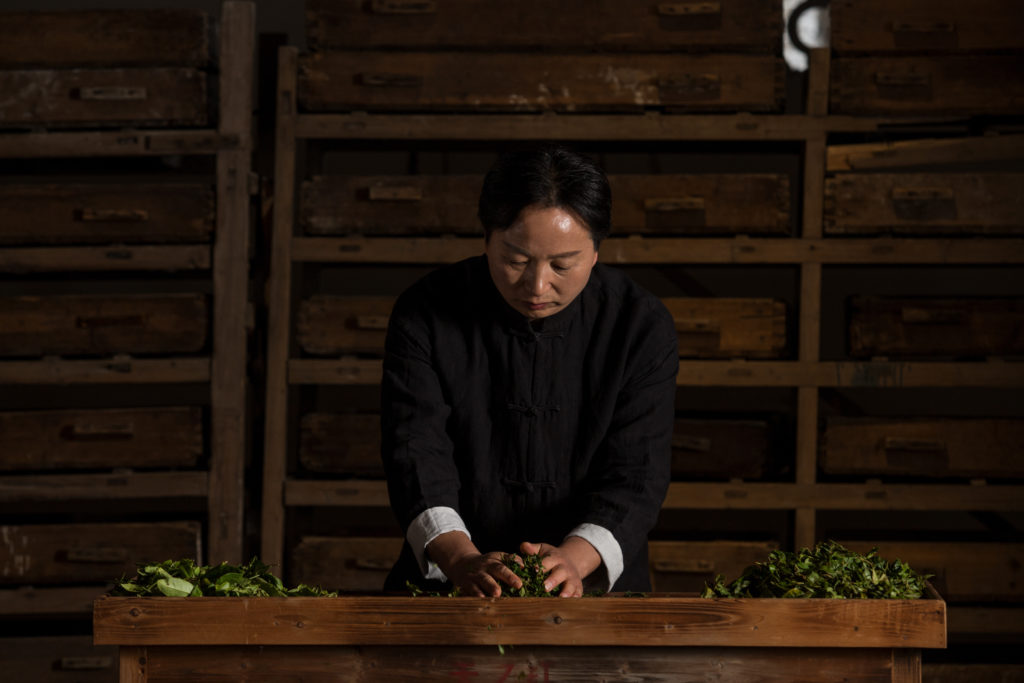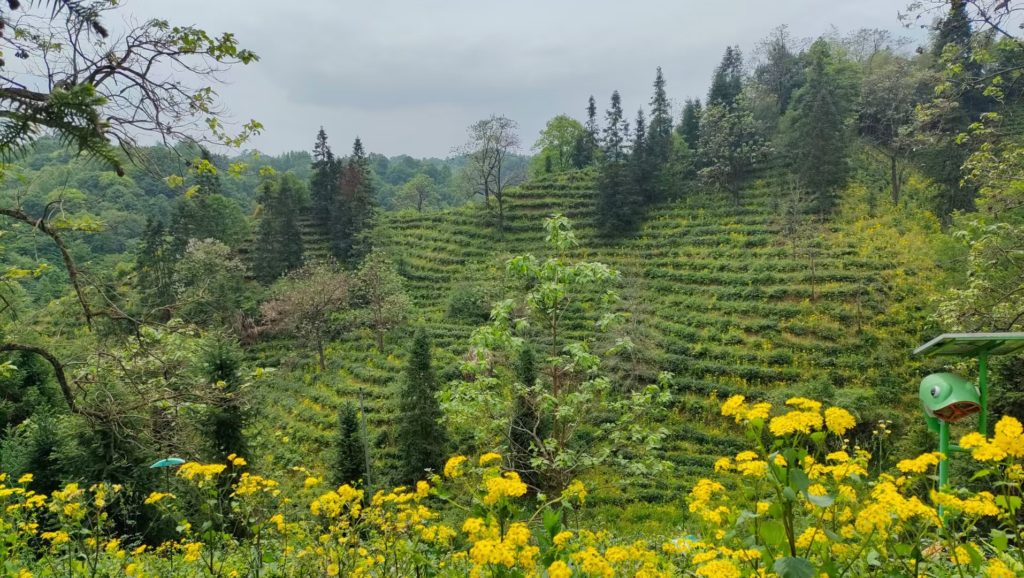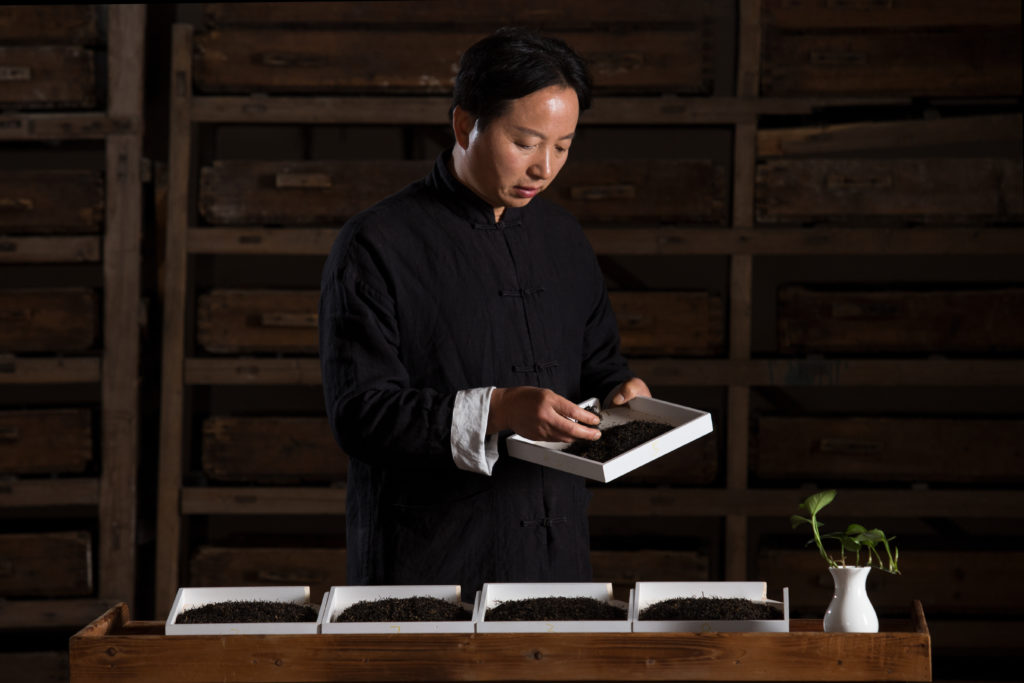
Wang Chang was born in 1966 into a countryside family of long-time tea makers in Qimen County. He learned the trade from his family and has been making tea now for over 30 years. Qimen County in Anhui Province is the home of China’s most famous black tea, Qimen or “Keemun” tea made from the unique small-leaf Qimen tea cultivar. Wang Chang has created multiple kinds of high-end black tea, such as Qi Hong Huang (Royal Qimen) and Qi Hong Xiang Luo (Qimen Red Snail). He became president of the Qimen Black Tea Association in 2014 and has made outstanding contributions to the protection of Qimen black tea’s heritage, public brand, resource management, quality improvement, and promotion. He has been recognized at a national level as a Intangible Cultural Heritage Inheritor for his mastery of Qimen black tea making.

Wang Chang’s leadership and expertise has been integral to the development of an innovative agricultural cooperative that now includes thousands of farmers in the local Qimen community. This co-op focuses on preserving the land and not damaging farmers’ land contracting rights while increasing farmer income by developing ecologically friendly organic tea gardens that produce higher quality tea. The system of decentralized family farms and large-scale professional households integrate the community into a complete industrial system with specialized division of labor that improves efficiency and forms close links between industries. The cooperative oversees tea planting, processing, management, leisure and amusement, and other industries which now support 2,780 tea farmers and many poor families, who have seen an average annual income increase of 4,500 yuan.

Tea from Qimen County has been famous since the Tang Dynasty, although at that time black tea had not been invented and the region instead produced green tea. Qimen black tea was not created until much later in the Qing Dynasty around 1875, when the technique was brought from Fujian Province where it was invented.
